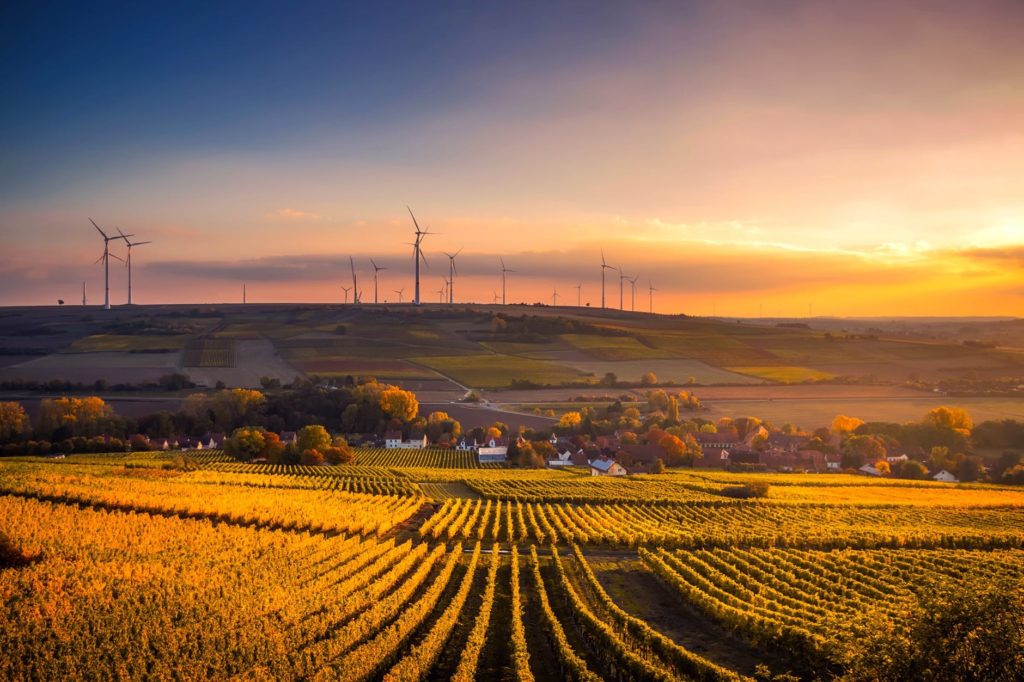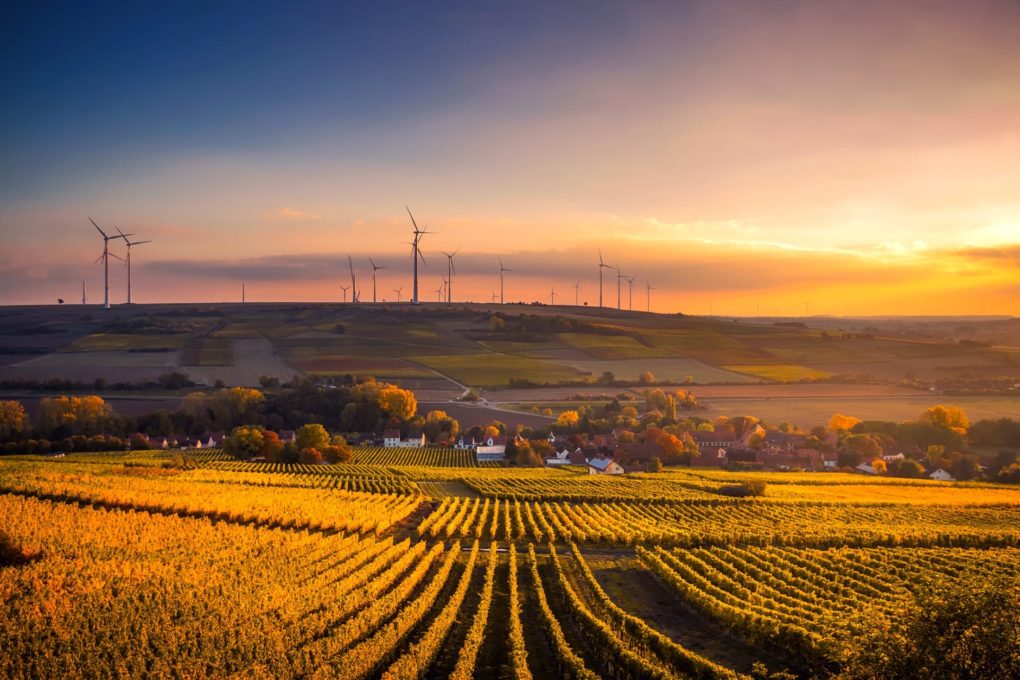What Does Sustainability Really Mean?

Lots of businesses want to claim that they’re “sustainable,” or claim to be “purpose-driven” but what does that really mean? It’s easy to slap a label on your company and claim that it has a positive effect on the environment, local communities and/or the economy, but it’s much harder to actually follow those best practices and achieve positive results.
In this article, we’ll take a closer look at the nature of “sustainability” and what it means to be a purpose-driven organization.
Purpose and Sustainability
Any organization could hypothetically be “purpose-driven,” given that almost any motivation could be described as a purpose. But most businesses use purpose-driven as a way to distinguish themselves from being strictly profit-driven. Rather than trying to make the greatest amount of money for shareholders, purpose-driven companies attempt to achieve some kind of greater good for all stakeholders.
In many cases, one aspect of this purpose is sustainability, though these qualities don’t always necessarily predict each other. We’ll explain sustainability in more detail in the next section.
One great example of a company that is truly purpose-driven is Griffith Foods, a global food product development partner that blends care and creativity to nourish the world. Griffith Foods specializes in high-quality food ingredients and places a high degree of emphasis on its sustainability journey, which include forming better partnerships, helping individual communities, creating healthier food options, and opening itself to third-party review.
This “third-party review” element is important. Any business can claim that it’s purpose-driven, or that it’s following best practices for sustainability. But how can you be sure? Organizations like EcoVadis (a sustainability rating provider) attempt to objectively evaluate candidates based on Global Reporting Initiative (GRI), United Nations Global Compact, and ISO 26000 standards. Accordingly, high EcoVadis ratings generally provide a better picture of a company’s true commitment to sustainability than a company statement.
The Big Picture of Sustainability
The exact definition of sustainability is a company’s ability to continue its operations indefinitely. If a product is considered sustainable, that product should be produced and consumed in a way that doesn’t result in significant damage.
It’s easiest to understand sustainability by defining what isn’t sustainable. A non-sustainable product or company is one that relies on environmentally destructive production methods, or those that result in the depletion of finite natural resources. Non-sustainable products could also be so defined because they result in social harm, like negatively affecting public health.
Realistically, the term “sustainable” is somewhat subjective, and it can apply to a number of different areas. But most of these can be grouped into one of three main categories:
Environmental sustainability
When most people think about sustainability, they think about environmental sustainability. That’s because environmental damage has been an increasingly relevant topic of public conversation, and because many companies are shifting their models to become more environmentally sustainable. Within this category are several important principles and areas of focus. For example, it’s important for companies to minimize the use of finite resources, avoiding the depletion of natural resources. It’s also important to minimize the expenditure of energy, reducing carbon emissions and minimizing contributions to global climate change. Environmental sustainability also means using recycled products, recycling when possible, and reducing pollution in general.
Social sustainability
Social sustainability refers to the impact of an organization on society. It could mean conducting operations that have a net positive effect (rather than a net negative effect) on a population, like creating healthier foods. It could also mean treating workers better, with fair wages, fair hiring practices, and favorable workplace conditions.
Economic sustainability
Economic sustainability is a bit harder to define, since it could refer to a number of different practices. But economically sustainable businesses are able to continue their operations and grow indefinitely, without interfering with other businesses or the function of the economy overall.
Who Decides What’s Sustainable?
Any company can make an effort in each of these categories to make its business more sustainable, but who decides what meets an acceptable threshold of sustainability? There are organizations like EcoVadis, as we mentioned, but there are also a number of organizations from around the world who attempt to evaluate and/or improve the sustainability of different products. There is no singular authority on this topic, so it’s often tough to make a universal evaluation.
That said, sustainability is becoming a more popular and more important topic. Currently, more than 86 percent of S&P 500 companies now publish a sustainability report at least annually, and in the coming years, that number could grow closer to 100 percent. Meanwhile, companies like Griffith Foods are setting new standards for sustainability in multiple dimensions. As we pay more attention to the sustainability of the businesses we patronize and the products we buy, we’ll learn more about what “sustainability” means, and set more objective, consistent standards for purpose-driven organizations and their sustainable practices.



